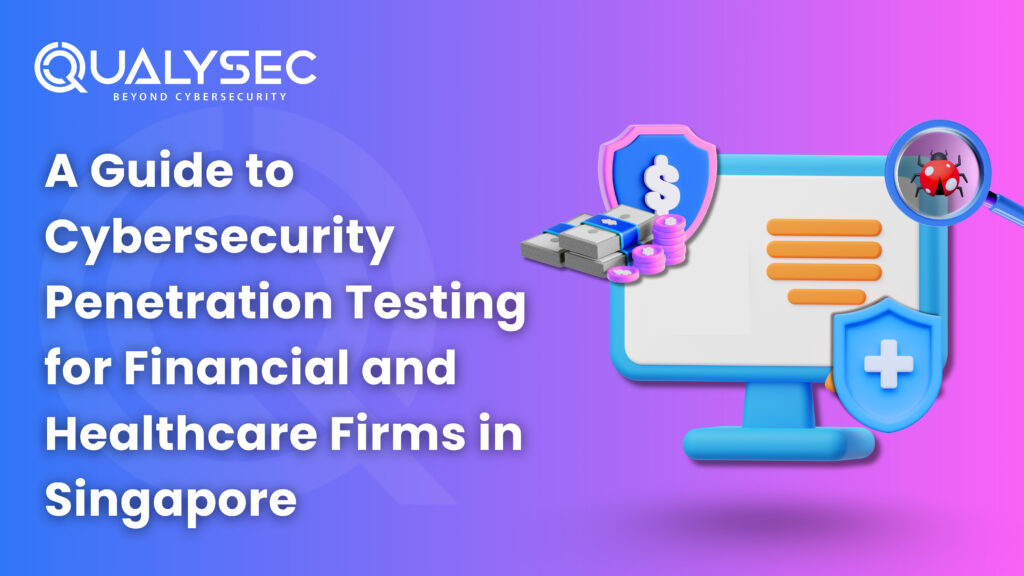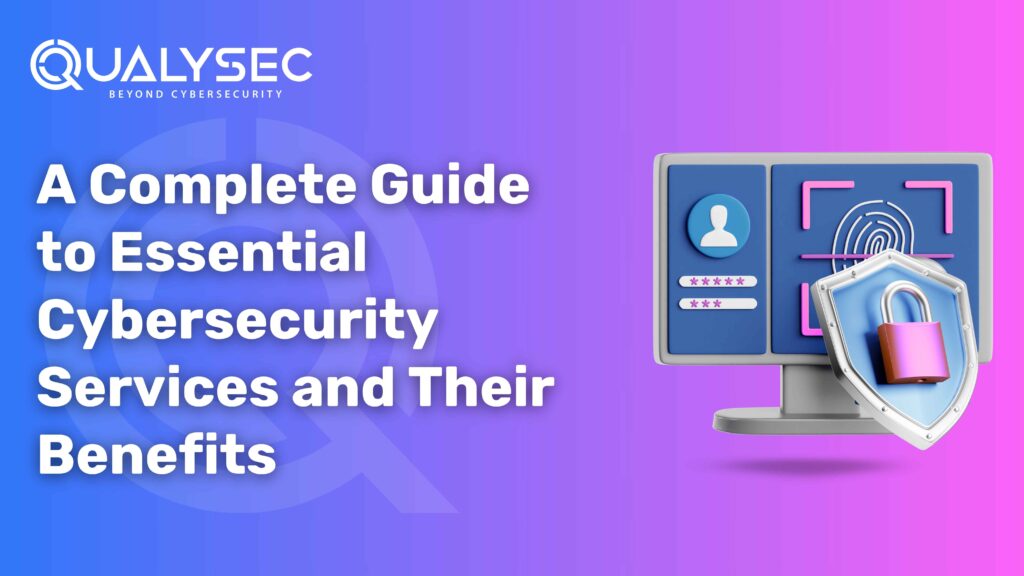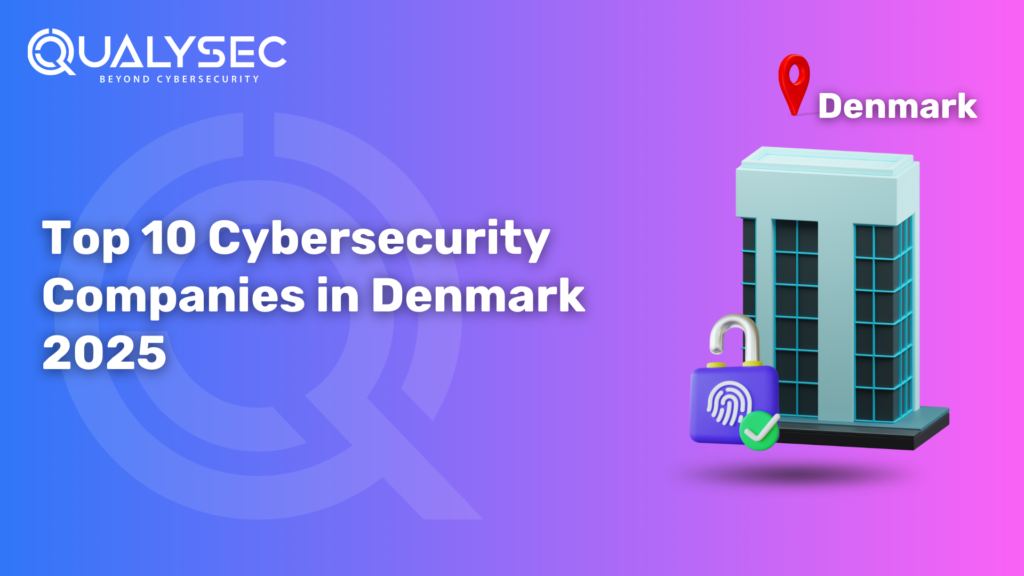A Guide to Cybersecurity Penetration Testing for Financial and Healthcare Firms in Singapore
Financial and healthcare companies in Singapore manage enormous volumes of extremely sensitive data, ranging from personal identification to medical records and financial transactions, in today’s digital scenario. Cybersecurity penetration testing (pen testing) is now necessary to protect vital systems with the faster-than-ever evolution of cyberthreats. This blog examines the importance of cyber security pen testing, how to approach it, and the best practices adapted to the specific challenges encountered by companies in Singapore’s financial and healthcare industries. Why Cybersecurity Penetration Testing Matters for Singapore’s Financial & Healthcare Firms Let’s find out the best reasons why cybersecurity penetration testing is important for Singapore’s financial & healthcare firms: 1. Regulatory Compliance Under Technology Risk Management Guidelines, the Monetary Authority of Singapore (MAS) imposes stringent cybersecurity measures for financial institutions. One major requirement is cybersecurity pen testing. The Ministry of Health (MOH) and the Personal Data Protection Commission (PDPC) anticipate healthcare professionals to use strong cybersecurity measures that include regular ethical hacking. 2. Protection of Sensitive & Personally Identifiable Information (PII) Exposure of personal identifiable information (PII), medical records, or consumer financial information can result in significant reputational damage, regulatory fines, and erosion of public trust. 3. Rising Cyberthreat Landscape Cyber security threats have become more focused and complex, from sophisticated ransomware attacks aimed at hospitals to financial fraud scams. 4. Defense-in-Depth Strategy By simulating real-world attacks under regulated settings, cybersecurity penetration testing confirms layers of defense ranging from application security to perimeter firewalls. What Is a Cybersecurity Penetration Test? Ethical hackers who try to expose vulnerabilities regularly conduct a cybersecurity penetration test, a simulated cyberattack. Unlike vulnerability scanning, which automatically identifies flaws, penetration testing in cyber security uses a hands-on approach to bypass barriers and gain access to sensitive assets. Cybersecurity Pen tests can evaluate employee susceptibility to phishing, physical security, and other factors, either externally focused (e.g., compromising public-facing systems like web apps and VPN portals) or internally focused (e.g., gaining domain privilege or moving laterally once inside the corporate network). The Five Stages of Cybersecurity Penetration Testing A thorough penetration testing in cybersecurity process has a methodical approach: 1. Planning & Reconnaissance Define the scope (target systems, rules of engagement, timing), clearly outline collaboration with IT/security teams, and evaluate tolerable risks. Reconnaissance: Create a profile of the target environment using publicly accessible data, including DNS records, IP ranges, website footers, subdomains, open ports, email harvests, and others. 2. Scanning & Vulnerability Analysis Search for open ports, incorrectly configured services, out-of-date software, weak encryption, and other flaws using tools like Nmap, Nessus, or OpenVAS. 3. Exploitation Targeted phishing attacks or network protocol exploitation can all be included in exploitation. 4. Post-Exploitation & Privilege Escalation Following compromising a system, like an employee workstation, ethical hackers look at lateral mobility (e.g., exploiting trust relationships, discovering domain credentials) to raise permissions toward high-value assets such as servers storing PII or PHI. 5. Reporting Add a retesting plan and a remediation strategy. Find the right penetration testing companies in Singapore—free quick guide! Latest Penetration Testing Report Download Key Considerations for Singapore’s Financial & Healthcare Sectors Below are the key considerations for Singapore’s Financial & Healthcare Sectors 1. Data Protection & Privacy PDPC mandates “reasonable security plans” for companies to stop unauthorized access, collection, use, disclosure, copying, alteration, disposal, or other risks to personal information. Cybersecurity Penetration testing guarantees adherence to data protection best practices and helps to satisfy Principle 12 of the PDPA. 2. Supporting MAS & MOH Regulations MAS expects regulated entities to annually perform cybersecurity pen tests or after significant modifications to essential systems. MOH’s cybersecurity advice for healthcare providers also calls for regular evaluations, especially for systems processing patient data and medical equipment. 3. Legacy & Operational Technology (OT) Systems To guarantee system availability and patient safety, healthcare professionals may rely on legacy medical equipment difficult to patch. OT security issues must be included in cybersecurity penetration testing. 4. Cloud & Hybrid Environments Make sure cybersecurity pen testing includes cloud misconfigurations, weak API endpoints, and unsafe storage buckets as businesses move toward hybrid models using AWS, Azure, or GCP. 5. Third‑Party & Vendor Risk Financial and healthcare companies often partner with medical software companies, cloud providers, payment gateways, and fintech platforms. Supply-chain risk assessment must be part of cybersecurity pen testing. Pen‑Testing Methodology: Best Practices for Singaporean Firms 1. Define scope exhaustively Define asset inventory (IP ranges, domains, application endpoints) and surroundings (DEV, QA, PROD). For testing time, communication channels, and impact tolerances, set some rules of engagement. 2. Use Licensed Frameworks Align with international norms like OSSTMM, PTES, or NIST SP 800-115. For the financial and healthcare industries, include local considerations from MAS and PDPC to strengthen Cybersecurity for Financial Services. 3. Combine Manual & Automated Testing Use automated tools for preliminary scanning; however, count on competent ethical hackers to exploit corporate logic bypasses, chained vulnerabilities, or sophisticated scenarios. 4. Simulate Real‑World Threats Incorporate tests for spear‑phishing, password brute force, business email compromise (BEC), and insider threats. Use intelligence on active APT groups targeting healthcare and financial businesses. 5. Ensure Safe Execution Test during low-traffic windows to minimize company interruption. Use segmented settings for thorough exploitation. For healthcare systems, verify with clinical engineering teams to ensure no risks to patients or procedures. 6. Document Evidence & Provide Actionable Reports Each discovery should include screenshots, logs, time stamps, and correction recommendations. Classify according to risk level. Incorporate suggested compensating techniques and mitigating controls. 7. Retesting & Continuous Security Once fixes are implemented, arrange retests to confirm remediation. Harmonize cybersecurity pen testing with CI/CD cycles and significant infrastructure improvements. Think about purple teaming or bug bounty for ongoing awareness. Choosing the Right Pen-Testing Partner Here are the factors that will help you choose the right penetration testing services partner: 1. Deep Sector Expertise Choose a pentesting service provider aware of MAS and PDPC responsibilities. Their advisors ought to be familiar with financial systems, healthcare IT technologies, and medical device risk. 2. Certified Ethical Hackers Seek testers holding accepted certifications such as OSCP,






